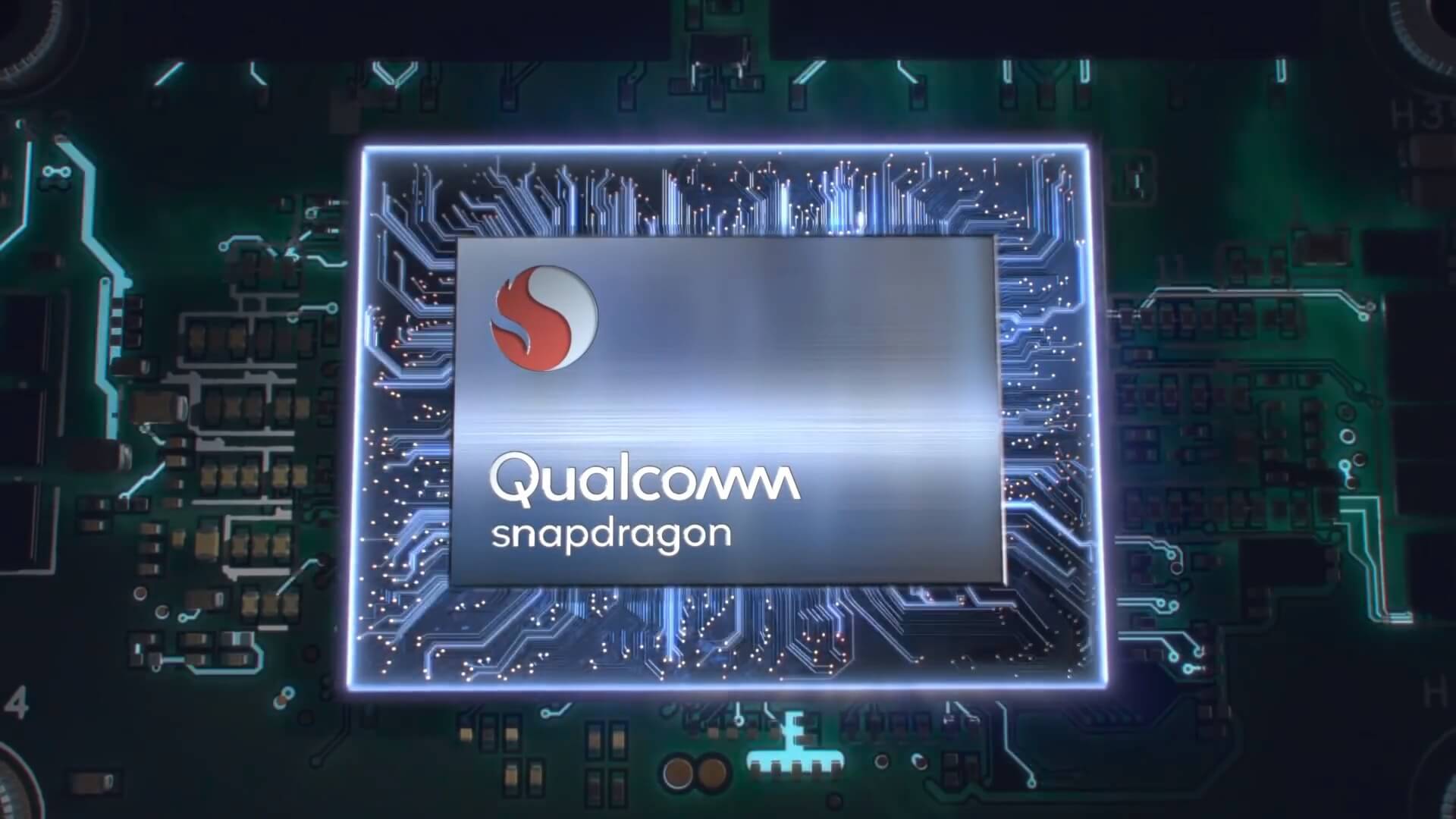Something to look forward to: We know Windows 10 on ARM laptops boast several benefits over machines sporting Intel and AMD processors, but performance hasn’t been one of them. With Qualcomm’s Snapdragon 8cx, however, that’s starting to change, as shown in leaked benchmarks.

While Snapdragon-powered PCs have brought incredibly battery lives of over 20 hours, “always-on, always-connected” features, fan-less designs, and super-fast boot times, their performance compared to traditional laptops has been poor.
Back in December, Qualcomm announced the Snapdragon 8cx, the company's third compute chipset and the first 7nm platform built for PCs. It’s the largest processor Qualcomm has ever made and features eight custom cores in its Kryo 495 CPU. These four high-performance Cortex-A76 cores and four low-power Cortex-A55 cores are all clocked higher than the Snapdragon 850.
Qualcomm later showed off benchmarks that compared the 7W Snapdragon 8cx against Intel’s 15W Core i5 8250U mobile processor using 3D Mark and PCMark, with the 8cx ahead of Intel’s chip in more tests.
Now, Geekbench numbers have backed up these reports, showing a Snapdragon 8cx clocked at 2.84GHz gaining a single-core score of 3,327 and a multi-core score of 11,154. This puts it within touching distance of the i5-8250U, which has a 3,659 single-core score and an 11,192 multi-core score.
At the same Computex event where it announced the benchmarks, Intel revealed it is partnering with Lenovo on the first 5G-enabled always-connected laptop, currently known by the code name Project Limitless. It features a Snapdragon 8cx SoC and a second-generation X55 5G modem alongside Cat 22 LTE.
Last month, Samsung revealed that the successor to its Galaxy Book 2, the Galaxy Book S, would be powered by the Snapdragon 8cx and offer up to 23 hours of continues video playback on a single charge. Expect to see this laptop and other 8cx-powered machines to arrive in the run-up to the holidays.
https://www.techspot.com/news/81716-leaked-benchmarks-show-snapdragon-8cx-can-rival-intel.html
